Mononucleosis (infectious) is a contagious disease. Epstein-Barr virus (EBV) is the most common cause of infectious mononucleosis, but other viruses can also cause this disease. It is common among teenagers and young adults, especially among students.
MONONUCLEOSIS: Symptoms of mononucleosis | Consult a doctor | Causes of mononucleosis | Diagnostics | Treatment | Conventional Medicine | Alternative Modes | Treatment at home | Questions and Answers | Sources/references
SYMPTOMS
The early symptoms of mononucleosis are similar to the flu:
- severe fatigue;
- headache;
- pain in the throat, sometimes severe;
Image: mononucleosis = kissing disease.

- chill followed by fever;
- muscle pains.
After a day or two, additional appear:
- Increased lymph nodes, especially in the neck, armpits, and groin;
- Jaundice (yellowing of the skin and sclera);
Video content: infectious mononucleosis, animation
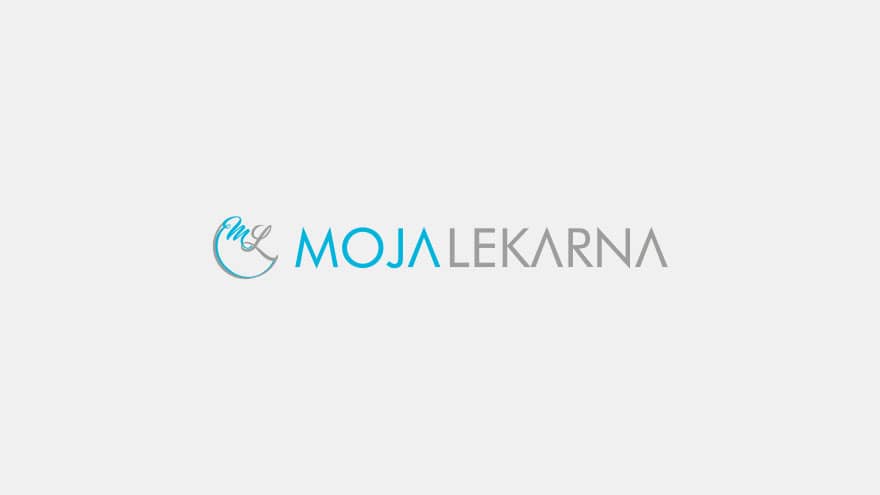
- measles-like rash anywhere on the body or face; sometimes, the rash appears suddenly after taking amoxicillin for a severely sore throat;
- changes on the oral mucosa, similar to bruises;
- pain in the upper part of the abdomen (due to an enlarged spleen).
CONSULT YOUR DOCTOR IF
- you have the symptoms listed above, especially if they last longer than ten days; or if you have a terrible sore throat for more than a day or two; you should be examined by a doctor to rule out other diseases, e.g., purulent angina or - less likely - leukemia and infectious hepatitis.
Video content: 5 facts you need to know about the Epstein-Barr virus

- you notice enlarged lymph nodes all over your body; this could be a sign of tuberculosis, cancer, or infection with HIV, the human immunodeficiency virus.
- You have abdominal pain; this could be a sign of a ruptured spleen. Seek emergency medical attention immediately.
" height="571" loading="lazy" />
In 95 percent of patients, the disease affects the liver. However, only 5 percent of patients develop jaundice, a yellow discoloration of the skin and sclera due to excessive bile pigment in the blood. In sporadic patients, the liver fails. Other serious complications that can develop with mononucleosis are rupture of the spleen, meningitis, and encephalitis, i.e., brain inflammation; these are also extremely rare.
Most patients with mononucleosis feel better within two or three weeks, but the fatigue may last for months or longer. Sometimes the disease lasts almost a whole year and causes new but milder attacks. In the past, researchers have linked the virus that causes mononucleosis to chronic fatigue syndrome, an illness that can last for years and leave patients very debilitated. However, more recent research has not proven this connection, so the cause of chronic fatigue syndrome remains unexplained.
CAUSES
Mononucleosis is caused by the Epstein-Barr virus, named after two British researchers who first recognized it in 1964, although the disease had been known for many years. The Epstein-Barr virus belongs to the family of herpes viruses; it is transmitted mainly through the exchange of saliva, which is why mononucleosis is also called the "kissing disease." However, it can also be transmitted through coughing or contact with infected saliva.
Video content: Mononucleosis - pathogenesis and clinical presentation

The virus can live in a person for several weeks or months after all symptoms have disappeared. Therefore, you are exposed to infection even through close contact with someone who shows no signs of the disease. On the other hand, not everyone who lives close to a mononucleosis patient gets sick. Scientists believe that a healthy immune system can overcome the infection.
DIAGNOSTIC PROCEDURES
Due to the wide range of symptoms associated with mononucleosis, the diagnosis can sometimes be challenging to establish. The doctor will start with a complete examination. A throat swab may be taken to rule out purulent angina. He will probably take a blood sample to look for abnormal blood cells under a microscope and test for specific antibodies against mononucleosis. The results of these investigations are not always precise, so other investigations are sometimes necessary.
HEALING
Mononucleosis usually heals on its own. Most people recover within two weeks without any treatment. Therefore, the primary advice from conventional and alternative medicine is to rest in bed and gradually return to normal daily activities.
CONVENTIONAL MEDICINE
In addition to rest, your doctor may prescribe acetylsalicylic acid or paracetamol for fever, sore throat, or other problems. If your throat is so inflamed that you have difficulty breathing or swallowing, you may be prescribed prednisone, a steroid medication.
ALTERNATIVE MODES
Like their conventional counterparts, alternative medicine experts advise rest and various medications to relieve the symptoms of mononucleosis. They also suggest drugs to strengthen the immune system and thus ensure a quick and complete recovery.
AROMATHERAPY
To improve fatigue and other symptoms of mononucleosis, lavender (Lavandula officinalis), peppermint (Mentha piperita), bergamot (Citrus bergamia), and eucalyptus (Eucalyptus globulus) is recommended.
Picture: Peppermint as supportive therapy in mononucleosis

Add a few drops of one or more essential oils to a warm bath.
CHINESE HERBS
To improve the fatigue associated with mononucleosis, teas made from ginseng - Asian (Panax ginseng) or American (Panax quinquefolius) are recommended. Drink a cup three times a day.
HERBS
To help your body fight infection, drink tea made from Echinacea (Echinacea spp) or Calendula (Calendula officinalis). Drink a cup of tea three times a day.
To reduce the fever associated with mononucleosis, drink tea made from the flowers of black elder (Sambucus nigra) or yarrow (Achillea millefolium). Drink a cup of one or another tea three times a day. You can also take 2 to 4 ml of tincture from one of the herbs thrice daily.
Video Content: Natural Treatment and the Epstein-Barr Virus

Try a tea from calcium (Calcium spp) or wild indigo (Baptista tinctoria) to cleanse the lymphatic system. Drink one or the other tea three times a
WARNING
Do not participate in strenuous activities until you fully recover to prevent a ruptured spleen.
Day. Instead of tea, you can take 2 to 4 ml of hunger tincture or 1 ml of wild indigo tincture thrice daily.
For depression and anxiety that accompany prolonged bouts of mononucleosis, try St. John's Wort (Hypericum perforatum) or Verbena (Verbena officinalis). Both drugs, when ingested, act as mild sedatives. Verbena is also recommended for jaundice, which is one of the symptoms of mononucleosis.
Make tea from one or an herb and drink a cup thrice daily. Or take them in the form of a tincture: 1 to 4 ml of St. John's wort or 2 to 4 ml of verbena three times a day.
HOMEOPATHY
Constitutional treatment is necessary for mononucleosis - drugs prescribed only for you, according to your symptoms and health condition. You should consult a qualified homeopath to formulate such a treatment for you.
MEDICINE OF SPIRIT AND BODY
Stress makes mononucleosis-related fatigue worse. At the same time, it weakens the immune system, making a recovery even more difficult. Relaxation techniques such as meditation, biofeedback, and guided performances help reduce stress.
NUTRITION
To strengthen the immune system and speed recovery, eat whole (unprocessed) food, especially fresh fruits and vegetables. Avoid foods rich in saturated fats, animal fats, and sugar because they are difficult for the body to digest and cause additional stress.
Video content: how to cure mononucleosis naturally?

To better regulate blood sugar and thus energy levels, eat four or six small meals daily; don't overeat at any meal. For example, some people can boost their energy levels by eating a small, low-fat protein meal first thing in the morning when they get up and again at night before bed. For this purpose, you can choose low-fat cheese, tofu, lentils, or other legumes.
You can also stimulate the immune system with vitamin supplements. Take vitamin A (from 2500 to 10000
ACUPRESSURE
Pressing the Lung 7 point stimulates immunity and lung function. The point is located on the inside of the thumb on the forearm, two fingers' width above the wrist crease. Press firmly and evenly for one minute, then repeat the same on the other hand.
Image: acupressure point - wrist
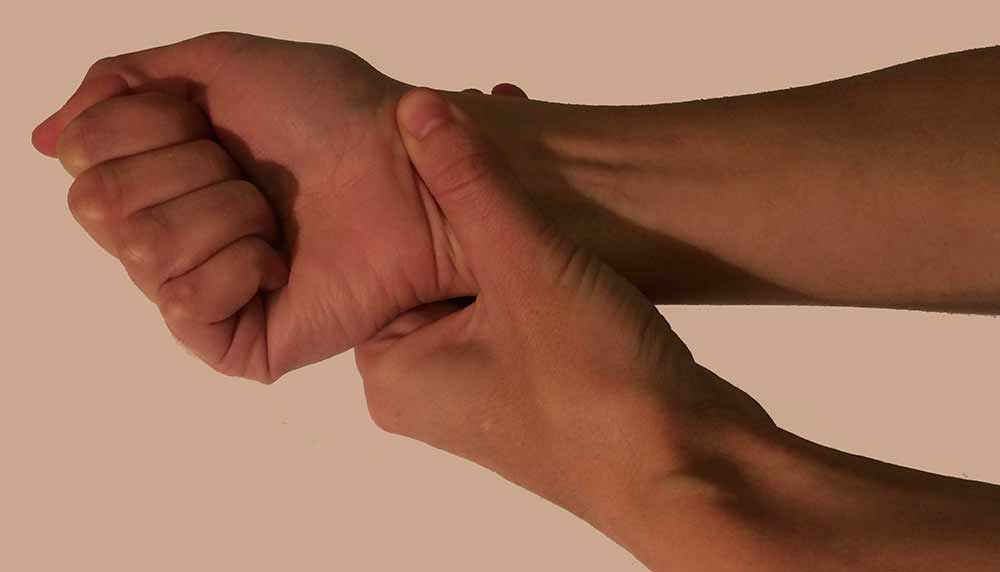
Muscle pain can be reduced by pressing the Colon 4 point in the space between the thumb and forefinger. With the thumb and forefinger of the right hand, press the point on the left hand for one minute. Repeat on the right hand. If you are pregnant, do not use point DČ4.
Image: acupressure point - between thumb and forefinger
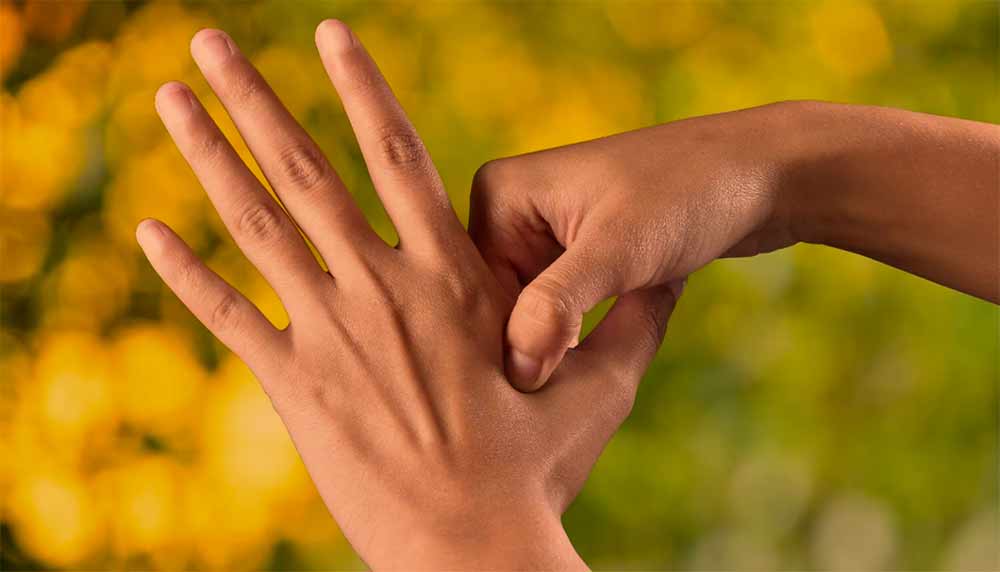
By pressing the point Stomach 36, you strengthen immunity and increase the body's vitality. You can find the point four finger widths below the patella, along the outer edge of the tibia. You can check the position by bending the foot; the muscle should bulge at this point.
Image: acupressure point - below the knee
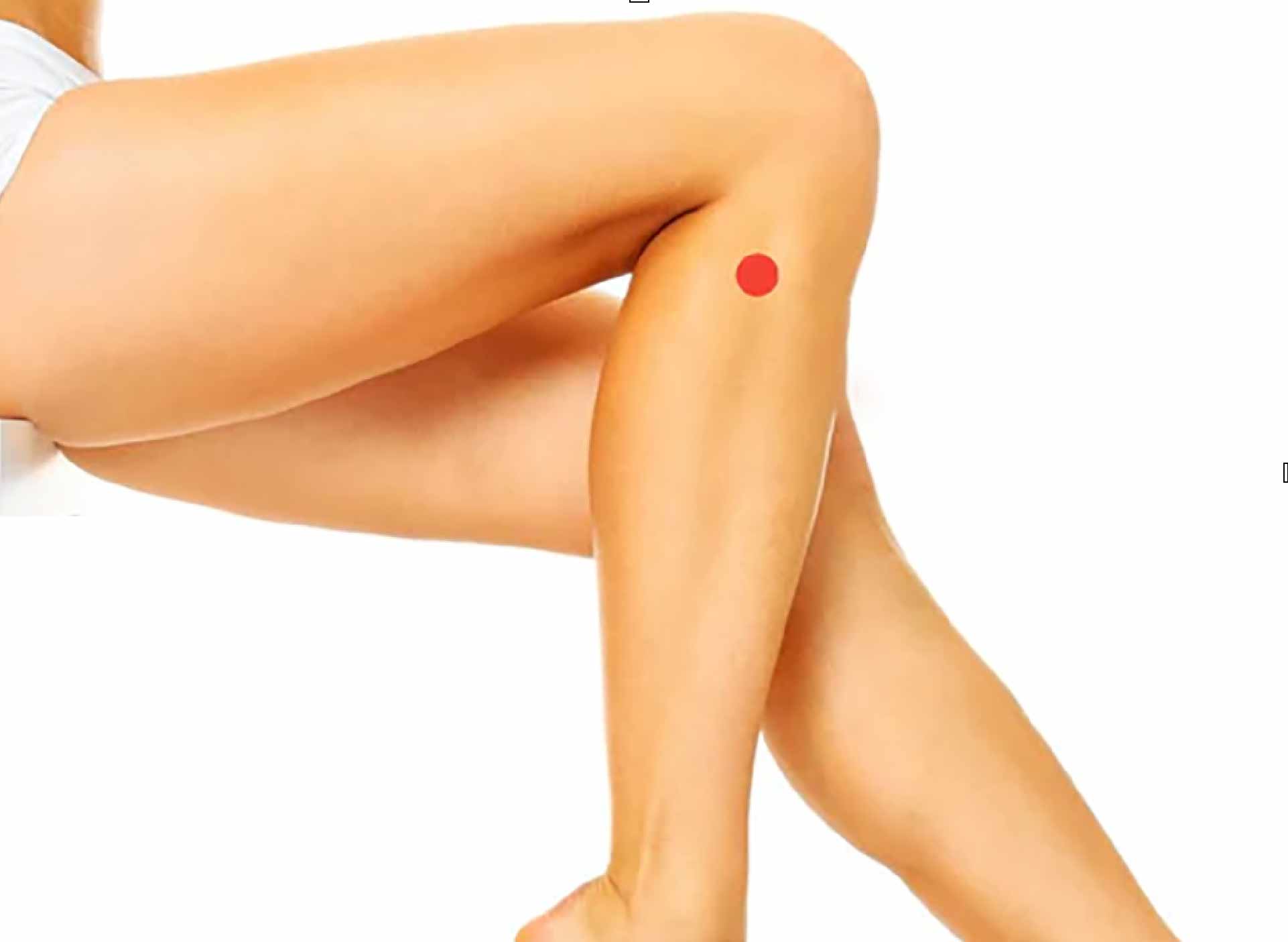
Push with your thumb for one minute.
Energy reserves in the body can be increased by pressing on the Vein of Conception point 6. The point is located three finger widths below the navel, in the middle of the distance to the pubic bone.
Put down gradually with your index finger until you feel resistance, then hold for one minute.
IE per day). Vitamin C (from 500 to 2000 mg per day) and B complex vitamins (50 mg thrice daily). You can also try magnesium supplements (200 to 700 mg) and potassium aspartate (50 to 200 mg). Research has shown that energy levels rise significantly after six weeks of continuous use of these supplements.
YOGA
Yoga helps reduce fatigue associated with mononucleosis. The exercises are easy enough for the patient to perform. One of the recommended positions is lok.
HEALTH AT HOME
- Rest. Plan not to return to your normal activities for at least a month.
- Drink plenty of fluids to prevent dehydration.
- Watch what you eat. Enrich your diet with whole foods, especially fresh fruits, and vegetables. Avoid foods high in saturated fat, sugar, caffeine, and alcohol; these foods can reduce energy reserves and weaken the immune system. To maintain steady blood sugar levels - and energy - throughout the day, eat small meals, but several times a day.
Video Content: Natural Ways to Treat Mononucleosis

- Take aspirin or aspirin substitutes for headaches and sore throat.
- Try gargling saline solution - 1/2 teaspoon of salt in a glass of warm water for a sore throat.
- To improve the fatigue associated with mononucleosis, massage the kidneys daily. With relaxed fists, massage the lower back for three to five minutes. An excellent opportunity for a massage is during the shower when warm water flows over the back.
REDUCTION OF STRESS, STRENGTHENING OF IMMUNITY
Early in the 20th century, scientists began investigating how humans adapt to stress. They quickly discovered that humans react to danger with a biochemical reaction - the fight-or-flight response. When a person feels fear or anger, a wave of stress hormones is released from the brain. One of these is adrenaline. It causes the heart to beat faster, blood pressure to rise, and blood to be diverted from the skin to the muscles so they can develop more strength. Adrenaline ensures that all the energy in the body is used to fight the danger or to run away from it. Therefore it inhibits the functioning of the gastrointestinal tract and - as was recently discovered - the immune system. In addition, stress reduces the body's stores of interferon and natural killer cells, which are needed to fight infection.
Image: reduce stress, strengthen immunity
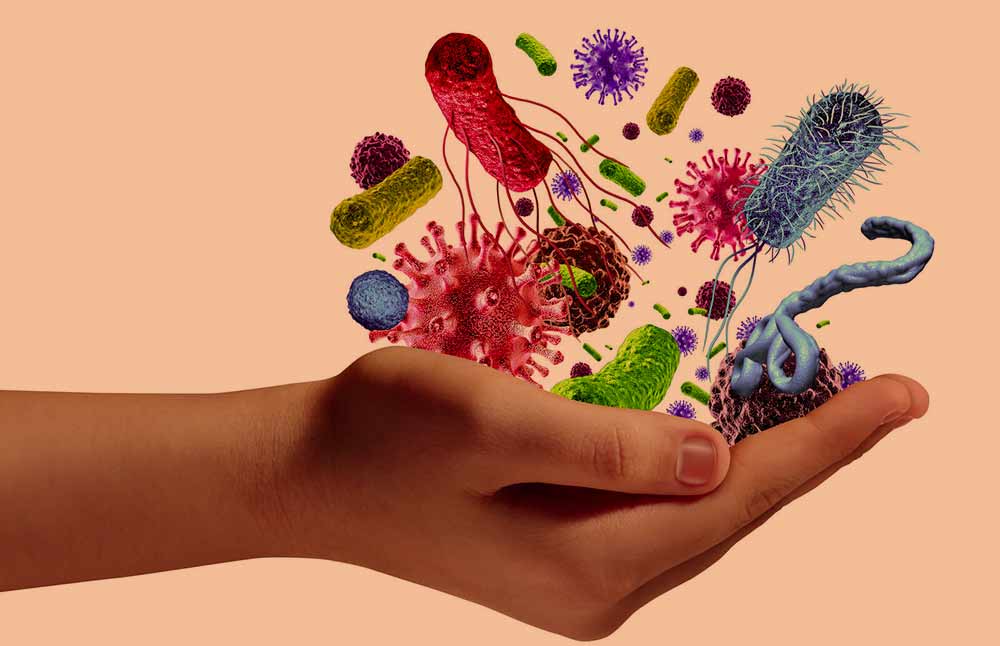
The fight-or-flight response allowed our ancestors to cope with immediate physical threats in their dangerous living environment. In today's world, however, stressors are more emotional than physical and tend to occur over a more extended period. Our immune system is chronically suppressed, and fighting diseases and recovering from them is more complicated.
Research shows that various stress reduction techniques - including biofeedback, hypnosis, meditation, and guided imagery - effectively reduce the fight-or-flight response and restore the immune system to full strength. Practicing these techniques will therefore help you recover faster from mononucleosis. In addition, research has shown that this also protects you from other diseases, MD. Heart diseases, diabetes, and cancer.
Frequently Asked Questions and Answers
Is mononucleosis a disease of concern?
It occurs most often in adolescents and young adults. In general, mononucleosis is not considered a severe illness; however, mononucleosis can cause prolonged time from school or work due to intense fatigue - in some rare cases, it can lead to severe or even life-threatening illness[1].
What are the symptoms of mononucleosis?
Mononucleosis usually lasts 1 to 2 months. Symptoms may include fever, swollen lymph nodes in the neck, armpits, and groin, constant fatigue, sore throat, enlarged spleen and jaundice, and yellowing of the skin. Treatment includes rest and drinking plenty of fluids[2].
How can you get infected with mononucleosis?
These viruses are typically spread through body fluids, especially saliva. However, these viruses can also be spread through blood and semen during sexual intercourse, blood transfusions, and organ transplants. Another eye virus that can cause infectious mononucleosis: Cytomegalovirus (CMV)[3].
How can mononucleosis be confirmed?
Types of mononucleosis tests include:
Monospot test - this test responds to specific antibodies in the blood. These antibodies appear during or after certain infections, including mononucleosis.
EBV antibody test responds to antibodies to EBV, the leading cause of mononucleosis. There are different types of antibodies against EBV[4].
Sources and references
Source: Family Health Guide. Conventional and alternative treatment, Dr. Jaro Lajovic, Publishing House Mladinska knjiga
1. Patient education: Infectious mononucleosis (mono) in adults and adolescents - https://www.uptodate.co
2. Infectious Mononucleosis - https://www.hopkinsmedicine.org
3. About Infectious Mononucleosis - https://www.cdc.gov 4. Mononucleosis (Mono) Tests - https://medlineplus.gov





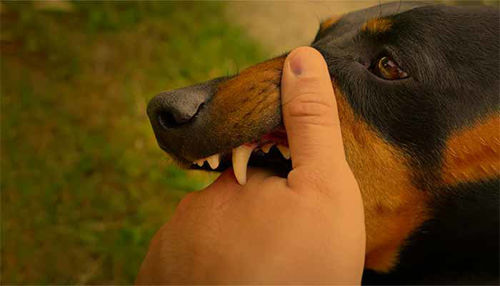
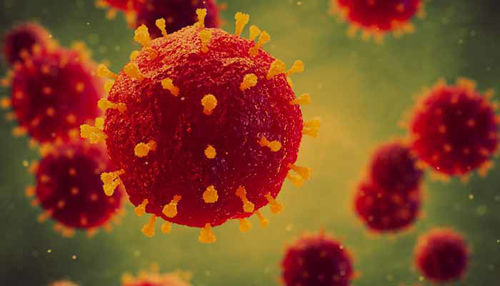
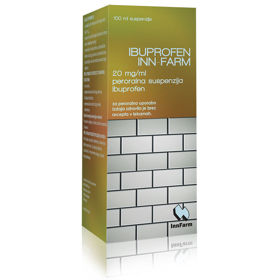
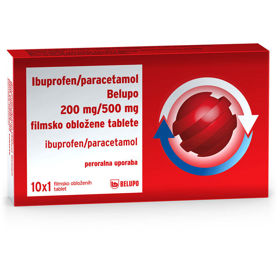
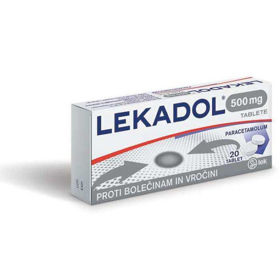
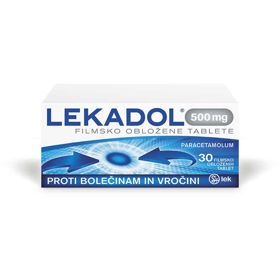

 Facebook
Facebook
 Instagram
Instagram
 info@moja-lekarna.com
info@moja-lekarna.com

